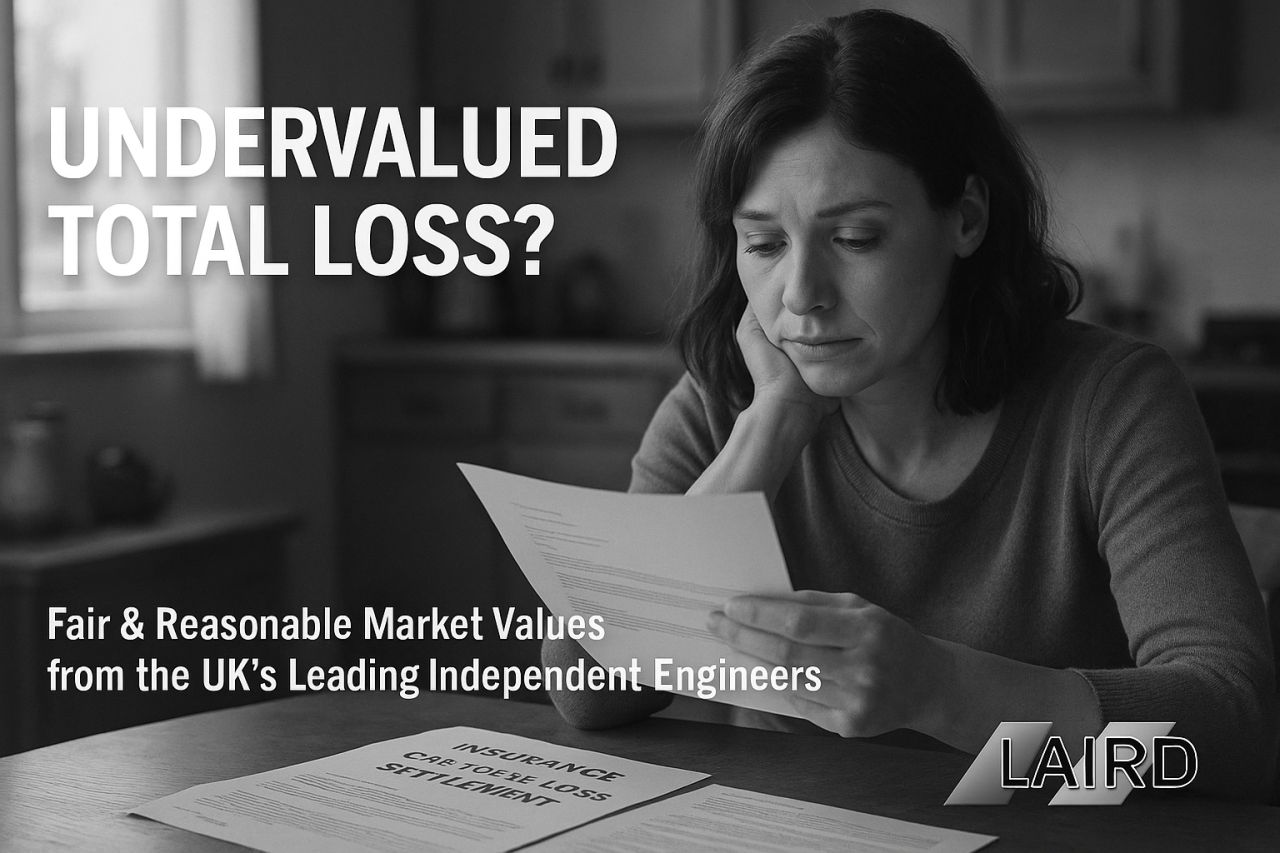The FCA’s findings on undervalued total-loss claims expose a double standard going back six years that’s hard to ignore.
The regulator has identified that 12 major insurers may have been underpaying customers on total-loss and stolen vehicle claims. Admiral has already set aside £50m to compensate affected policyholders, but this is unlikely to be the end of the story.
Here’s the irony:
If a claimant so much as rounds up their valuation, or provides a repair estimate for a few pounds dearer than the insurer’s ‘approved’ (ie cheaper) bodyshop, insurers are quick to cry “fundamental dishonesty.” Entire claims can be thrown out. Reputations ruined.
But when insurers themselves undervalue claims, sometimes by thousands of pounds, it’s brushed off as a “process error” or “market volatility.” Not exactly fair.
For policyholders, a total-loss settlement is not just a number on a spreadsheet. It’s the money that decides whether they can afford to buy a like-for-like replacement vehicle, with a reasonable degree of confidence. Undervaluation leaves families stranded, creates financial stress, and erodes the very trust insurance is built on.
The FCA’s intervention is both overdue and welcome. It should serve as a wake-up call:
1. Maintain Real-Time Price Databases
Used‑car values fluctuate quickly. Assessors and insurers should use near‑real‑time data feeds, cross‑validated with live auction and trade‑plate data, to anchor valuations in current reality.
2. Incorporate Expert Review Loops
Automated systems are useful, but final estimates should be reviewed by a qualified engineer assessor. This hybrid approach balances scale with accuracy.
3. Offer Transparency to Customers
Provide a clear breakdown of how valuations were calculated: mileage, condition, comparable vehicle data, geographic factors, etc. Transparency empowers claimants to understand and, when necessary, question valuations.
4. Establish Rapid Adjustment Protocols
Insurers must build agile processes to update valuation models when market shifts occur, within days, not quarters. This responsiveness is critical in fast‑moving used‑car markets.
5. Commit to Independent Oversight and Audit
Periodic audits by external assessors can verify that internal processes align with fair valuation standards. This strengthens both compliance and consumer confidence.
At Laird, we see the human side of these issues every day. Our role as independent motor engineers is to provide fair, transparent, and evidence-based valuations ensuring claimants are put back in the position they were in before their loss, exactly as insurance promises.
The Admiral case may be just the beginning. Other insurers are likely to follow with their own admissions and provisions. But let’s be clear: this is not generosity; it’s belated justice.
The next time an insurer accuses a claimant of exaggeration, perhaps we should remember this: if “fundamental dishonesty” applies to customers, why doesn’t it apply to insurers who systemically underpay?
Until that question is answered, the scales will remain tipped unfairly against the very people insurance is supposed to protect.

